The Magic of Small Class Sizes: Why Less Means More in Preschool
The first few years of life are a whirlwind of discovery. As a preschool educators, it’s incredibly rewarding to witness the incredible leaps our young learners take each day.
From mastering a new rhyme to navigating the complexities of friendship, every step paves the way for their future success.
That’s why we believe so strongly in the power of early childhood education – it provides a nurturing environment where these building blocks can be laid in a positive and stimulating way.
But what truly elevates a great preschool program to an exceptional one? Here at our school, we believe one of the key ingredients is the magic of small class sizes.
In a classroom with fewer students, each child receives the personalized attention and support they need to truly blossom.
Let’s delve deeper and explore how smaller class sizes can unlock a world of benefits for our youngest learners.
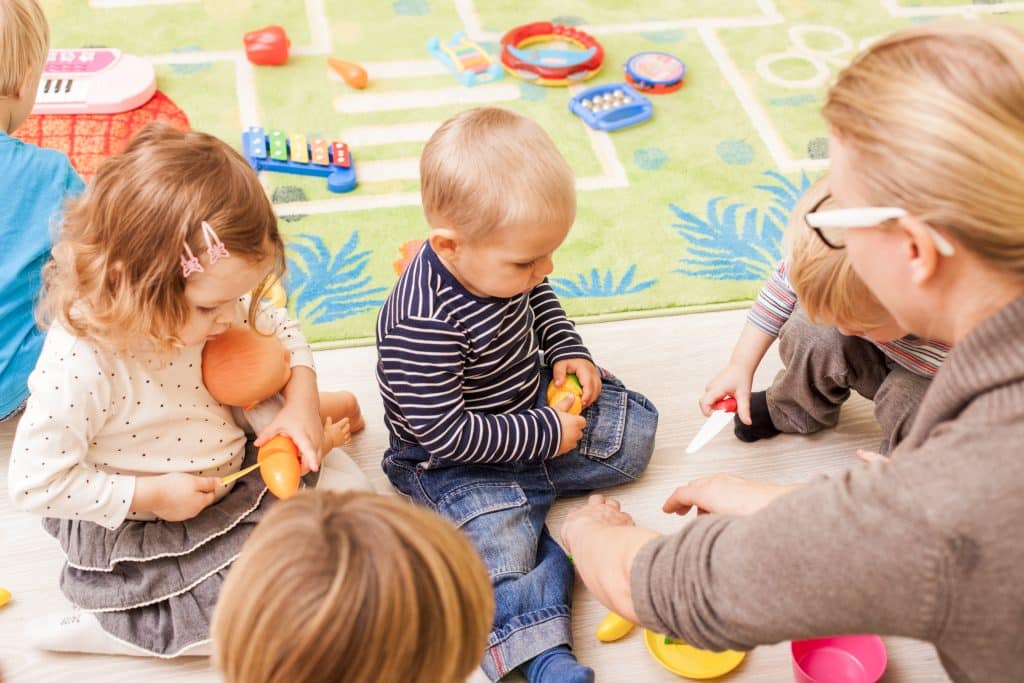
Tailored Learning: A World Where Every Spark is Ignited
We want to create a classroom where your child’s curiosity isn’t just acknowledged, but celebrated. Where their individual learning style is understood and nurtured.
This is the reality we strive to create with smaller class sizes. In a more intimate setting, our teachers have the gift of truly knowing each student – their strengths, interests, and even the way they approach challenges.
This allows us to tailor learning experiences that resonate deeply with each child.
Think about a budding artist who thrives with hands-on activities. In a smaller class, we can easily incorporate art projects that complement the lesson plan, sparking their creativity and reinforcing key concepts.
Similarly, a child who grasps math concepts quickly can be challenged with enriched learning materials, without leaving others behind.
This level of personalized attention ensures that every child feels seen, valued, and empowered to reach their full potential.
Building Bridges: Strong Bonds that Foster Growth
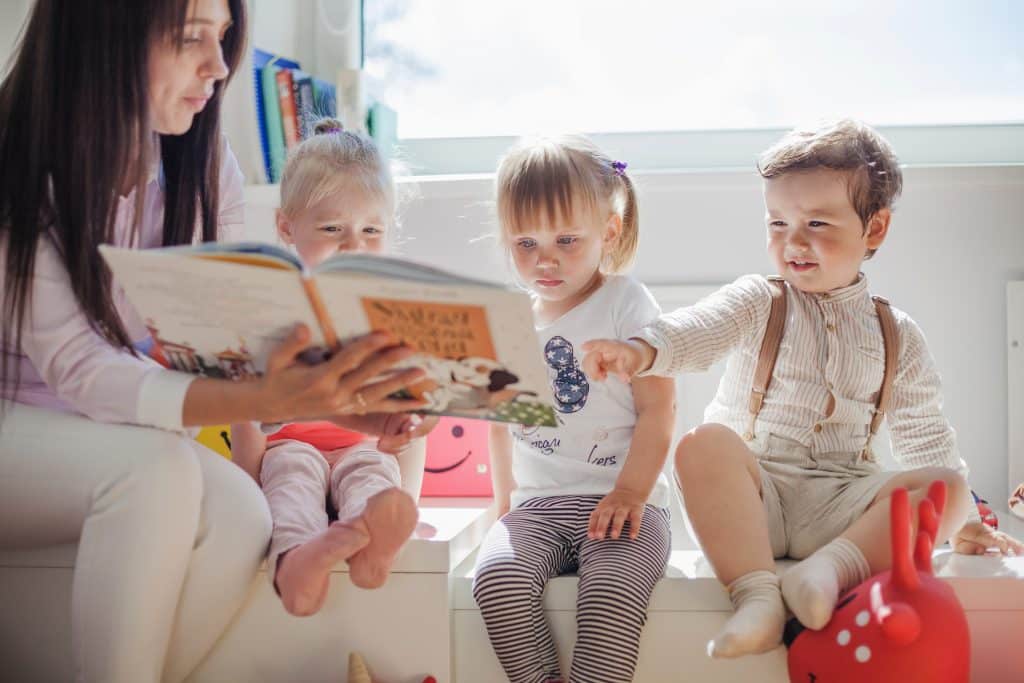
Beyond academics, smaller class sizes nurture something even more precious – strong, trusting relationships between teachers and students.
In a larger classroom, it can be challenging to forge deep connections with each child. But with fewer students, our teachers have the time and space to truly get to know each child as an individual.
They can celebrate achievements big and small, offer a comforting hug during moments of sadness, and become a pillar of support and encouragement.
These deeper bonds have a profound impact on a child’s emotional and social development.
Feeling safe, secure, and loved by their teacher creates a foundation where children feel comfortable taking risks, exploring their emotions, and building positive social interactions.
It’s in this nurturing environment that valuable social skills like empathy, communication, and conflict resolution can truly flourish.
A Calmer Classroom, a Clearer Focus: Where Learning Takes Flight
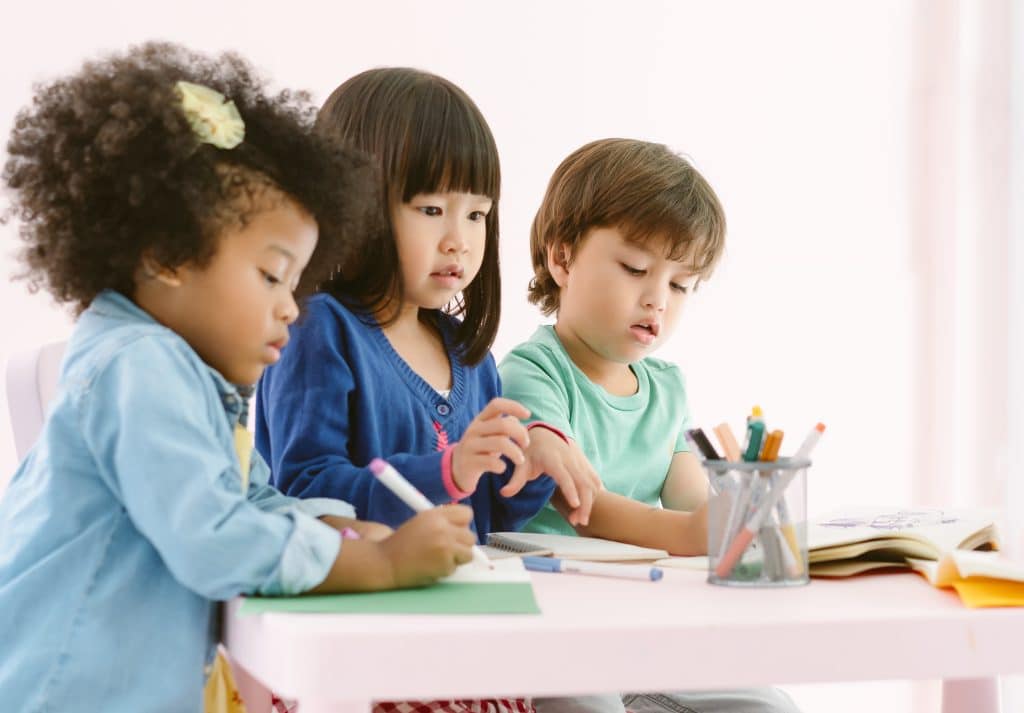
Imagine a classroom buzzing with activity, but not the chaotic kind. In a smaller class, there are fewer distractions, allowing children to focus their energy on the exciting world of learning.
Teachers have a clearer view of what’s happening in the room, enabling them to quickly address any questions or concerns a child might have.
This fosters a more focused and serene environment, perfect for fostering engagement and active participation.
The benefits extend beyond classroom management. With a smaller group, teachers gain the flexibility to adapt their teaching methods to cater to the specific needs of their students.
Imagine a lesson presented through a captivating story for a group of kinesthetic learners being complemented with hands-on activities to solidify understanding.
This adaptability allows teachers to unlock different learning styles, ensuring every child has the opportunity to grasp concepts in a way that resonates most with them.
Building Bridges of Friendship: Social Skills Take Center Stage
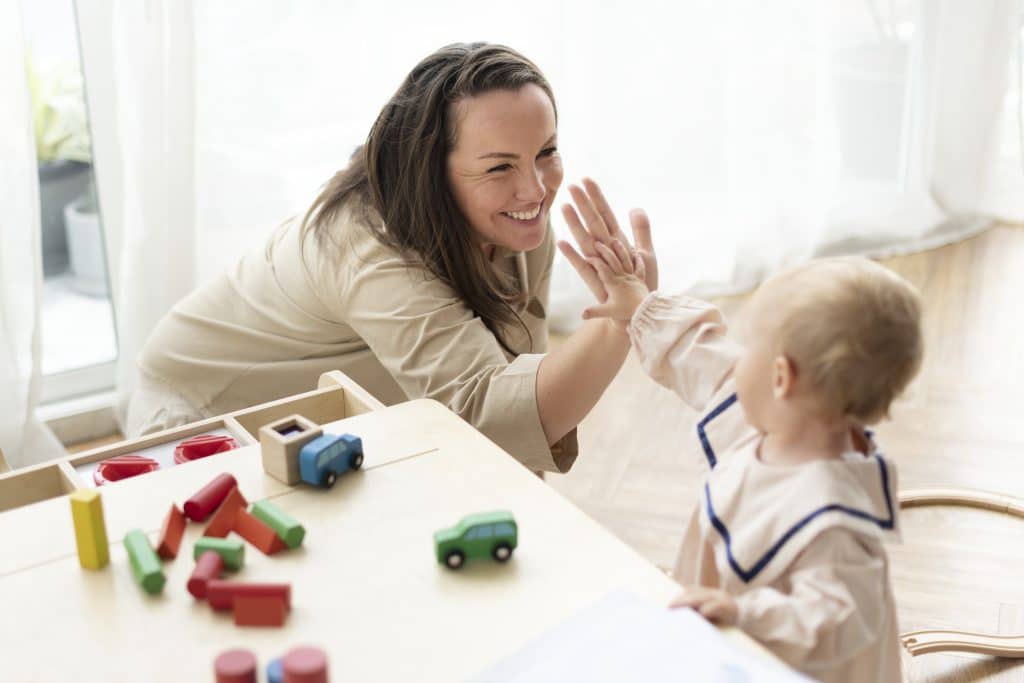
The preschool years are a critical time for social development, and smaller class sizes create the perfect environment for young learners to blossom in this area. With fewer classmates, children have more opportunities for:
- Meaningful Interactions: In a smaller group, children have more chances to engage in back-and-forth conversations, share ideas, and truly get to know their peers.
- Cooperative Play: Smaller classes allow for more manageable group activities, fostering collaboration, teamwork, and the ability to share and take turns.
- Conflict Resolution: With more opportunities to observe interactions and intervene when needed, teachers can effectively guide children through disagreements, teaching them valuable conflict resolution skills.
- Empathy and Emotional Intelligence: The closer relationships fostered in a smaller class environment allow children to better understand and respond to the emotions of others, building empathy and emotional intelligence.
By nurturing these social skills in a safe and supportive environment, smaller class sizes equip young learners with the tools they need to build strong friendships, navigate social situations with confidence, and thrive throughout their academic journey.
The Ripple Effect: Why Small Class Sizes Matter
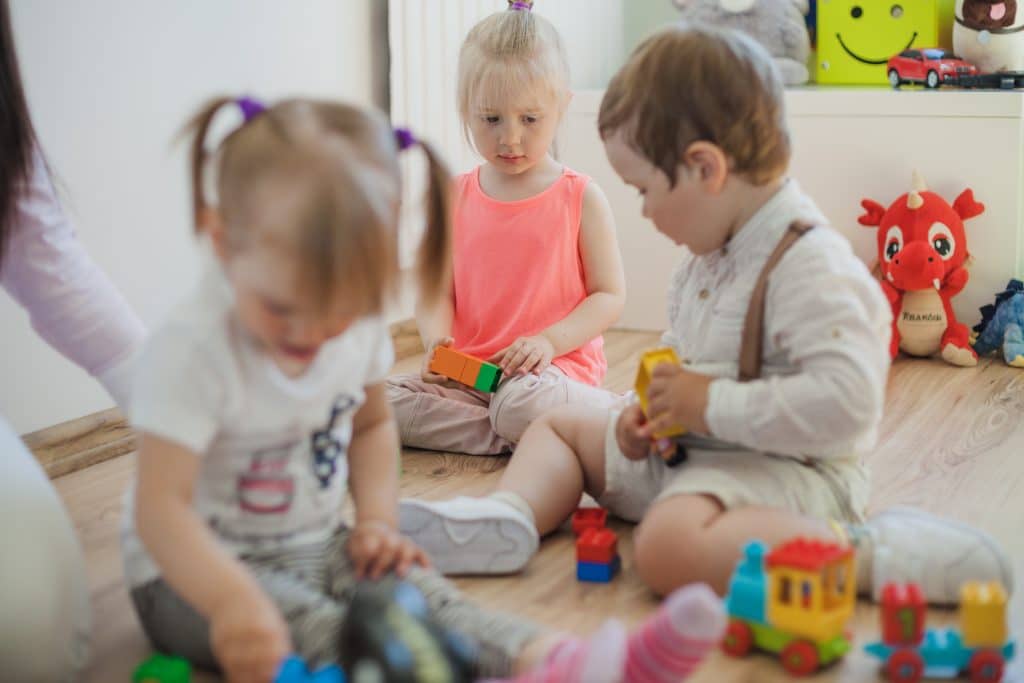
The benefits of smaller class sizes extend far beyond the walls of our preschool classrooms.
By fostering personalized learning, strong teacher-student relationships, and a focused learning environment, we set the stage for not only academic success but also strong social and emotional development.
This, in turn, has a ripple effect throughout a child’s life, shaping their confidence, communication skills, and ability to build positive relationships.
As educators, parents, and policymakers, we all have a role to play in advocating for and prioritizing the importance of smaller class sizes in early childhood education.
By investing in our youngest learners, we invest in their future, creating a generation of well-rounded individuals equipped with the tools they need to thrive in an ever-changing world.
Beyond the classroom walls! Dive deeper into early childhood education and discover ways to empower your child’s preschool journey on our insightful blog.








